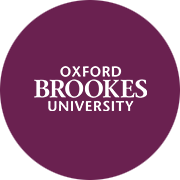LibrarySearch is an excellent place to start any search for information. LibrarySearch works most effectively when you are looking for material held by Brookes, such as a print or electronic book on a module reading list, or an article within a journal to which we subscribe. The strengths of LibrarySearch are that it integrates with …
Continue reading Why going global might mean going beyond LibrarySearch

